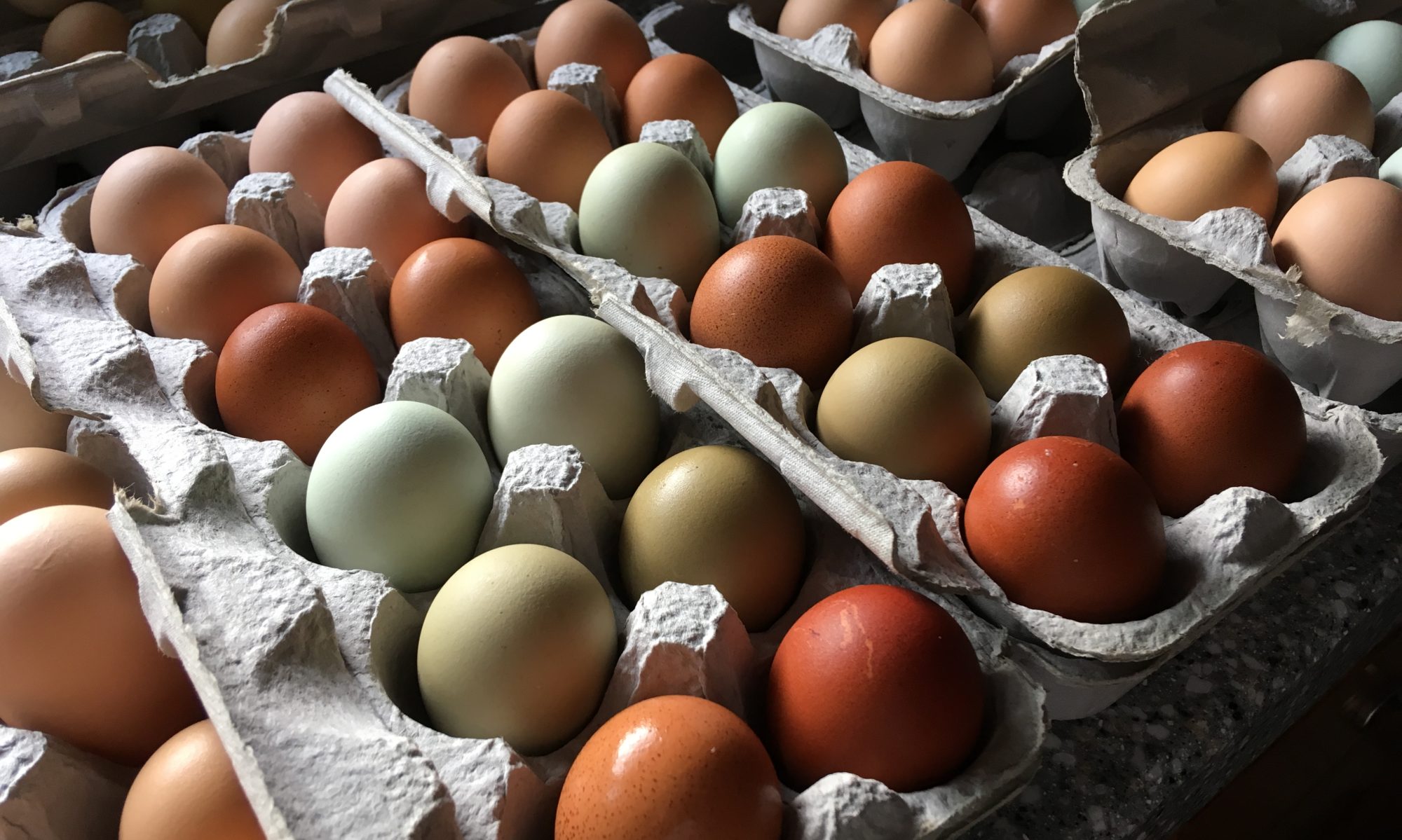
(I originally wrote this on LinkedIn.)
Saturday, I was up in Dry Fork, VA for Virginia State University’s New and Beginning Farmer and Rancher workshop on Whole Farm Planning.
The VSU SDVBFR Program
The workshop was a small group—as many Small Farms program agents as participants—but it was well worth those three hours on a chilly Saturday morning!
Participants got an outline of the SDVBFR program from VSU, who I commend for really carving out a much-needed niche serving the practical interests and positive imagination of small farm viability. VPI is great, but it’s always felt solidly “go big, or go home” to me. VSU had my mentor, Jean-Martin Fortier as their conference keynote speaker last October for Pete’s sake; how much friendlier, more practical, and hopeful to Virginia small farmers could they be!
The SDVBFR program aims to deliver low-cost or free educational workshops, one-on-one training and technical assistance, and to build strong farmer-mentor relationships, and I felt all of this at the workshop.
The Whole Farm Planning workshop is an early stage of a process that, once completed (usually over the course of 12 to 24 months) can help new and beginning farmers and ranchers qualify for USDA grant and loan programs, land ownership and rental assistance, and even hosting demonstration and research projects. We heard from a former participant who was trialing cage-raised catfish in partnership with VSU this season!
What I Got For My Time
For me, the “time spent” to “beneficial outcome” ratio was great!
- I learned about how I can work with NRCS for EQIP grants for my greenhouses and high tunnels
- I was walked through the steps to get my Farm Operator # and explained how that would work for me as a land renter, not owner
- I got contact info for my county’s VSU small farm program agent
- I got access to a participant-only workshop series that is not made public
The technical info was great, but it was the connections for my network that I came home from feeling the most excited about.
I met agent Susan Cheek who discussed permaculture with me and shared a book recommendation about growing local, nutrient-dense food, Grow a Sustainable Diet by Cindy Connor.
I met Derrick Cladd who lead the workshop, walked us through a questionnaire and challenged us to define our mission and goals for our farm. (I had these ready because I’ve been working on this for so long!)
I met a fellow apple and pear grower and we discussed grafting trees; I think I landed a gig or at least a future workshop participant out of this!
I saw a neighbor from South Boston and learned about her passion for beekeeping, and maybe I can consult with her in the years ahead when I incorporate bees into our farm plan.
I learned some business tips from program completer Mark Chandler—“Be good to your customers, and they’ll be good to you.”
And I was most excited to meet Cassidy Williams, who shared her insights with me about the demand for a Community Supported Agriculture farm in the area. Her comments further convinced me that I am on the right path with my plan for Broad Shoulders Farm.
Next Steps
My next step will be to reach out to my local VSU small farm program agent, Cliff Somerville, and just keep the momentum going, and keep working my plan. There are more workshops ahead, a business plan to wrap up, greenhouse to finish, seeds to order, a Kickstarter to launch, and about a hundred more tasks, but it’s motion toward the business and community life I want.
Ben Capozzi
Future Chicken Tender
If you’d like to follow my farm, you can join my newsletter e-mailing list here. It’s once a week, includes sneak previews and freebies, and you can unsubscribe with just one click (that’s very few clicks!).
